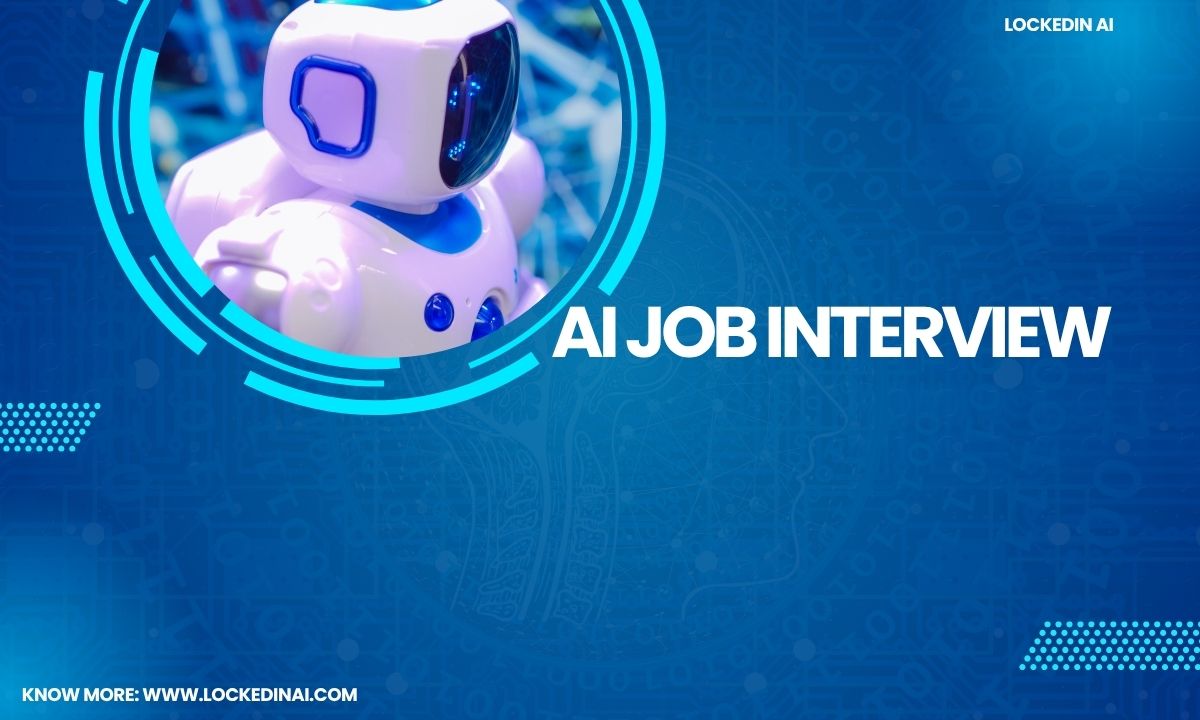
Introduction
AI For Job Interviews is transforming how candidates prepare today. As companies shift toward virtual hiring, relying on outdated methods is no longer enough. Instead, smart tools now offer real-time coaching, resume-based questions, and objective performance tracking—giving you the edge over others. Moreover, these platforms don’t just ask questions; they guide your tone, clarity, and pacing while building confidence. With guidance like this, interview prep becomes more efficient and targeted.
What Exactly Is AI For Job Interviews?
Essentially, AI For Job Interviews refers to technology-driven platforms that simulate interview sessions using natural language processing and voice analysis. These tools create realistic scenarios, evaluate your responses, and provide feedback instantly. For example, they:
- Monitor filler words like "um" or "so"
- Score tone, pacing, and confidence
- Ask role-specific questions based on your resume
- Provide structured performance reports
As a result, you practice with purpose and clarity, preparing you better than generic mock interviews.
Real-Time Feedback That Improves Your Delivery
One major benefit of AI For Job Interviews is instant feedback. Unlike peer injections or delayed reviews, here you learn immediately if you speak too fast, sound unsure, or repeat phrases. Consequently, your responses become sharper over time. Furthermore, because the tool tracks progress, you can identify patterns—such as constantly using filler words in behavioral answers. Also, you can celebrate steady improvements over sessions without extra effort.
Customized Practice Based on Your Role
Also, a standout feature of AI For Job Interviews is customization. These platforms tailor questions based on your job title, industry, and skill level to ensure relevance. Here’s how it works:
- Upload your resume.
- Select your target role—like marketing, tech, or operations.
- Choose question difficulty: entry-level, intermediate, or leadership.
- Practice sessions adapt questions based on your performance.
This makes preparation feel much more realistic and far more effective than generic question banks.

How to Integrate This Tool Into Your Prep
To get the most from AI For Job Interviews, use it along with other methods. Try this approach:
- Practice daily for 10–15 minutes.
- Record your assessments and review weak areas.
- Pair AI sessions with a human mock—mentor or peer—for deeper nuance.
- Use feedback to update your resume and your narrative for real interviews.
By consistently combining technology and human insight, you’ll build clarity, poise, and credible answers quickly.
Final Words
Whether you’re a fresher or transitioning roles, AI For Job Interviews arms you with structured, objective tools that mimic real hiring rounds. These platforms help you sound confident, refine delivery, and track growth. In today’s competitive landscape, it pays to prepare smart. So why rely solely on guesswork when you have AI on your side? Start practicing with purpose—and make every answer count.
FAQs
What exactly is AI For Job Interviews?
It’s a tool that simulates interview scenarios and gives real-time feedback on tone, structure, and performance.
Does it work for all industries?
Yes, most tools support multiple roles like tech, marketing, sales, and management.
Is this tool beginner-friendly?
Absolutely. It guides you with immediate scores and correction prompts.
Can it help with behavioral questions?
Yes. The AI evaluates storytelling, tone, and confidence—core in behavioral rounds.
Do I need someone to review it with?
You don’t have to, but pairing AI with peer reviews adds depth.